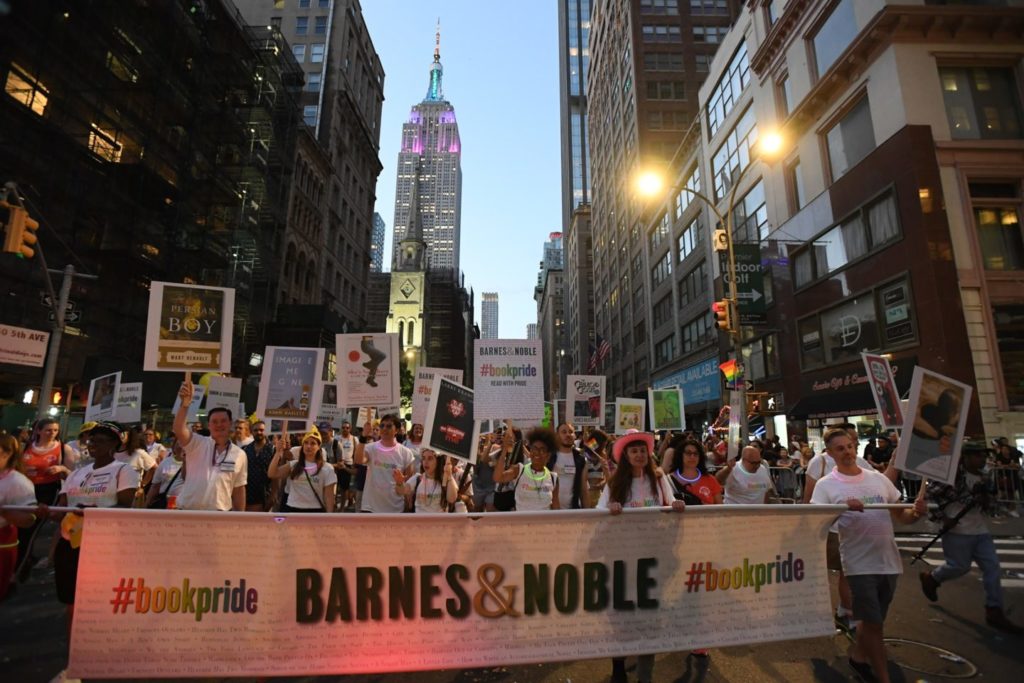Virginia lawmaker may appeal ruling to prevent ‘obscene’ book sales to minors
(The Center Square) – A Virginia lawmaker who wanted a court to restrict the sales of two books to minors over accusations of obscenity lost his case, but he may appeal the ruling or move the…

(The Center Square) – A Virginia lawmaker who wanted a court to restrict the sales of two books to minors over accusations of obscenity lost his case, but he may appeal the ruling or move the battle into the state Legislature.
Del. Tim Anderson, R-Virginia Beach, filed a lawsuit against Barnes & Noble on behalf of a client to prevent the book selling business from allowing minors to purchase two books: “Gender Queer” and “A Court of Mist and Fury.” His lawsuit alleged that the books contained sexual themes that were obscene for children, but the court ruled against the plaintiffs and ruled that the obscenity law violates the state and federal constitution.
In her ruling, Judge Pamela Baskervill ruled that the law violates the First Amendment and the Virginia Constitution by authorizing prior restraint, violates due process by authorizing judgment without notice to affected parties and puts a burden on the seller of the book despite the seller having no ability to know whether the book is obscene.
Anderson, who represented Tommy Altman in the lawsuit, said his client is considering an appeal, but ultimately believes that there should be a separate obscenity standard for children and adults.
“Mr. Altman is reviewing his appeal options,” Anderson told The Center Square. “Fundamentally, my client believes there should be a different standard of obscenity for children than currently exists for adults, but that will require review by higher courts to conclusively answer this question and possibly additions to the code by the General Assembly.”
The ACLU of Virginia applauded the ruling.
“We are pleased with the outcome of today’s proceedings,” Matt Callahan, a senior staff attorney for the ACLU of Virginia, said in a statement. “The First Amendment protects literary expression, even when some people find portions of the works difficult or objectionable. All people should be able to choose what they wish to read.”
A battle over reading material for minors began in local school districts throughout the commonwealth with parents attending school board meetings and objecting to material they felt was sexually inappropriate for children. Lawmakers eventually signed legislation that allows parents to opt their children out of sexually explicit coursework, but the bill does not censor books in school libraries and does not allow parents to alter the coursework for other students.



